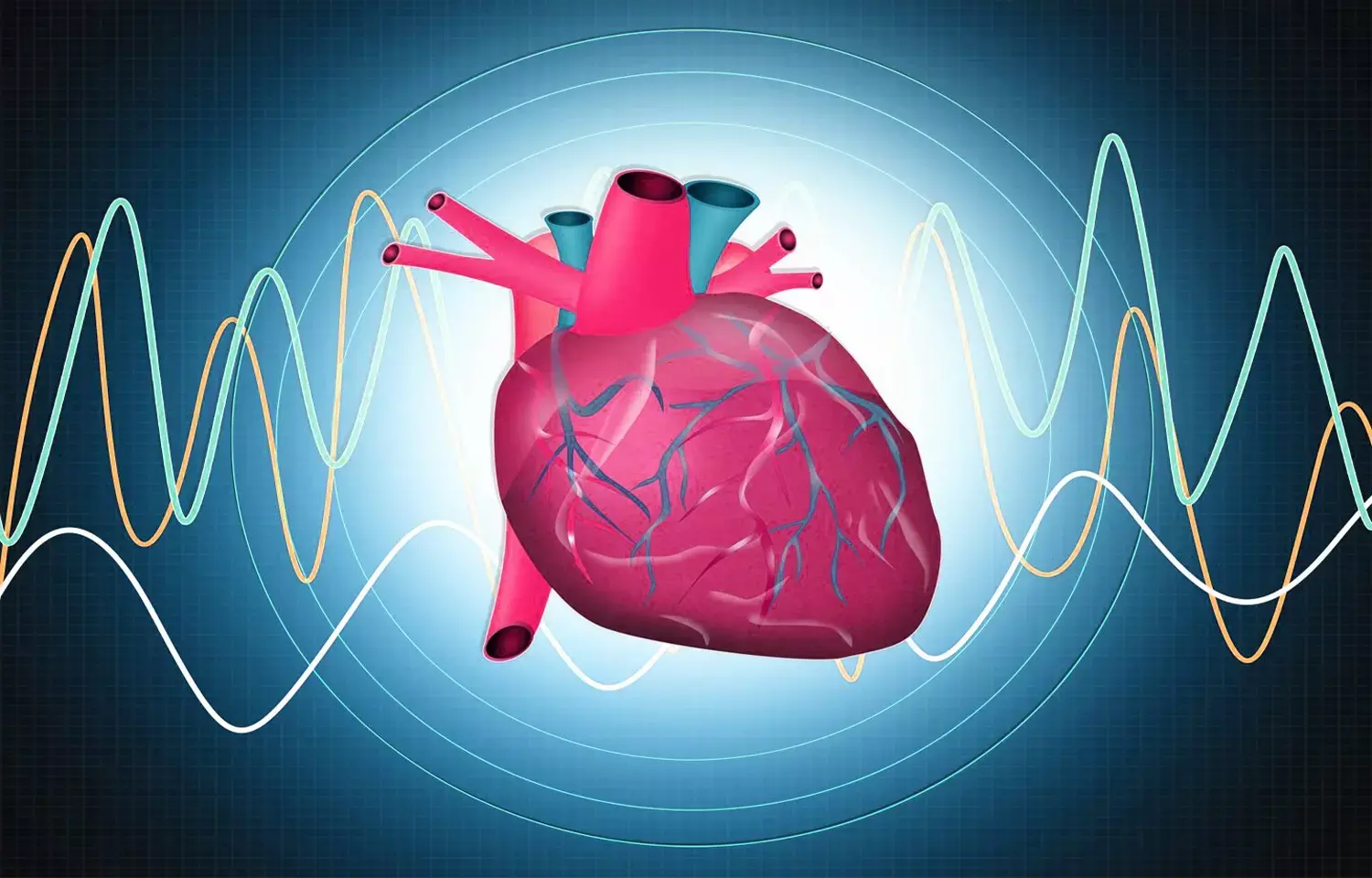- Home
- Medical news & Guidelines
- Anesthesiology
- Cardiology and CTVS
- Critical Care
- Dentistry
- Dermatology
- Diabetes and Endocrinology
- ENT
- Gastroenterology
- Medicine
- Nephrology
- Neurology
- Obstretics-Gynaecology
- Oncology
- Ophthalmology
- Orthopaedics
- Pediatrics-Neonatology
- Psychiatry
- Pulmonology
- Radiology
- Surgery
- Urology
- Laboratory Medicine
- Diet
- Nursing
- Paramedical
- Physiotherapy
- Health news
- Fact Check
- Bone Health Fact Check
- Brain Health Fact Check
- Cancer Related Fact Check
- Child Care Fact Check
- Dental and oral health fact check
- Diabetes and metabolic health fact check
- Diet and Nutrition Fact Check
- Eye and ENT Care Fact Check
- Fitness fact check
- Gut health fact check
- Heart health fact check
- Kidney health fact check
- Medical education fact check
- Men's health fact check
- Respiratory fact check
- Skin and hair care fact check
- Vaccine and Immunization fact check
- Women's health fact check
- AYUSH
- State News
- Andaman and Nicobar Islands
- Andhra Pradesh
- Arunachal Pradesh
- Assam
- Bihar
- Chandigarh
- Chattisgarh
- Dadra and Nagar Haveli
- Daman and Diu
- Delhi
- Goa
- Gujarat
- Haryana
- Himachal Pradesh
- Jammu & Kashmir
- Jharkhand
- Karnataka
- Kerala
- Ladakh
- Lakshadweep
- Madhya Pradesh
- Maharashtra
- Manipur
- Meghalaya
- Mizoram
- Nagaland
- Odisha
- Puducherry
- Punjab
- Rajasthan
- Sikkim
- Tamil Nadu
- Telangana
- Tripura
- Uttar Pradesh
- Uttrakhand
- West Bengal
- Medical Education
- Industry
Novel inflammatory biomarkers may predict development of incident heart failure

CAPTION
Novel biomarkers predict the development of incident heart failure.
CREDIT
MostPhotos/Rossella Apostoli.
Researchers at the University of Eastern Finland and Kuopio University Hospital have discovered several new biomarkers that are associated with incident heart failure. In a new study, several inflammatory biomarkers and cell energy metabolites were linked to an increased risk of incident heart failure.
The study used a random selection of 10,106 men participating in the Metabolic Syndrome in Men (METSIM) study, who at baseline did not have a diagnosis of incident heart failure. Elevated levels of inflammatory biomarkers and several biomarkers associated with heart metabolism, which were measured by NMR analysis, were associated with the development of incident heart failure in a follow-up that lasted for 8.8 years. These new biomarkers included adiponectin, high?sensitivity C?reactive protein, the chronic inflammation biomarker GlycA, the amino acids alanine and phenylalanine, as well as glycerol and pyruvate, which the heart muscle uses for energy. After adjustment for age, BMI, diabetes and statin medication, adiponectin, pyruvate and urinary albumin excretion rate were associated with the development of incident heart failure.
In this study, the most common heart diseases underlying incident heart failure were elevated blood pressure, coronary artery disease and especially previous myocardial infarction. More rarely, incident heart failure was caused by cardiomyopathy or valvular heart disease. Diabetes, systolic blood pressure, age, overweight, high insulin levels, declining kidney function and microalbuminuria, which are well?established risk factors for heart failure, were also associated with the development of incident heart failure.
The researchers used principal component analysis to classify incident heart failure associated risk factors and biomarkers into components that could possibly be linked to different courses of the disease. Four of these components were statistically significant for the development of incident heart failure. Three of the components contained a different inflammatory biomarker and one contained cell energy metabolites.
"Incident heart failure is typically associated with changes in heart metabolism as well as with low-grade, chronic inflammation. Based on our study, these changes are present even years before any sign of heart failure," Professor Johanna Kuusisto from the University of Eastern Finland says.
Earlier studies conducted in animal models have shown that disturbed metabolism of the heart muscle precedes, initiates and maintains unfavourable changes in the heart. However, the newly published study is the first to show that biomarkers of energy metabolism predict the development of incident heart failure in humans.
By measuring biomarkers indicative of heart failure, it could be possible to better identify people with an elevated risk of developing incident heart failure.
"Despite the treatments we have today, the prognosis of incident heart failure is still very poor, and this is why it is important to identify and treat high-risk patients already before the disease develops," Professor Kuusisto says.
Further research is needed to analyse whether drugs targeting inflammatory and metabolic pathways could be used to prevent the development of incident heart failure.
https://onlinelibrary.wiley.com/doi/10.1002/ehf2.13132
Hina Zahid Joined Medical Dialogue in 2017 with a passion to work as a Reporter. She coordinates with various national and international journals and association and covers all the stories related to Medical guidelines, Medical Journals, rare medical surgeries as well as all the updates in the medical field. Email: editorial@medicaldialogues.in. Contact no. 011-43720751
Dr Kamal Kant Kohli-MBBS, DTCD- a chest specialist with more than 30 years of practice and a flair for writing clinical articles, Dr Kamal Kant Kohli joined Medical Dialogues as a Chief Editor of Medical News. Besides writing articles, as an editor, he proofreads and verifies all the medical content published on Medical Dialogues including those coming from journals, studies,medical conferences,guidelines etc. Email: drkohli@medicaldialogues.in. Contact no. 011-43720751


